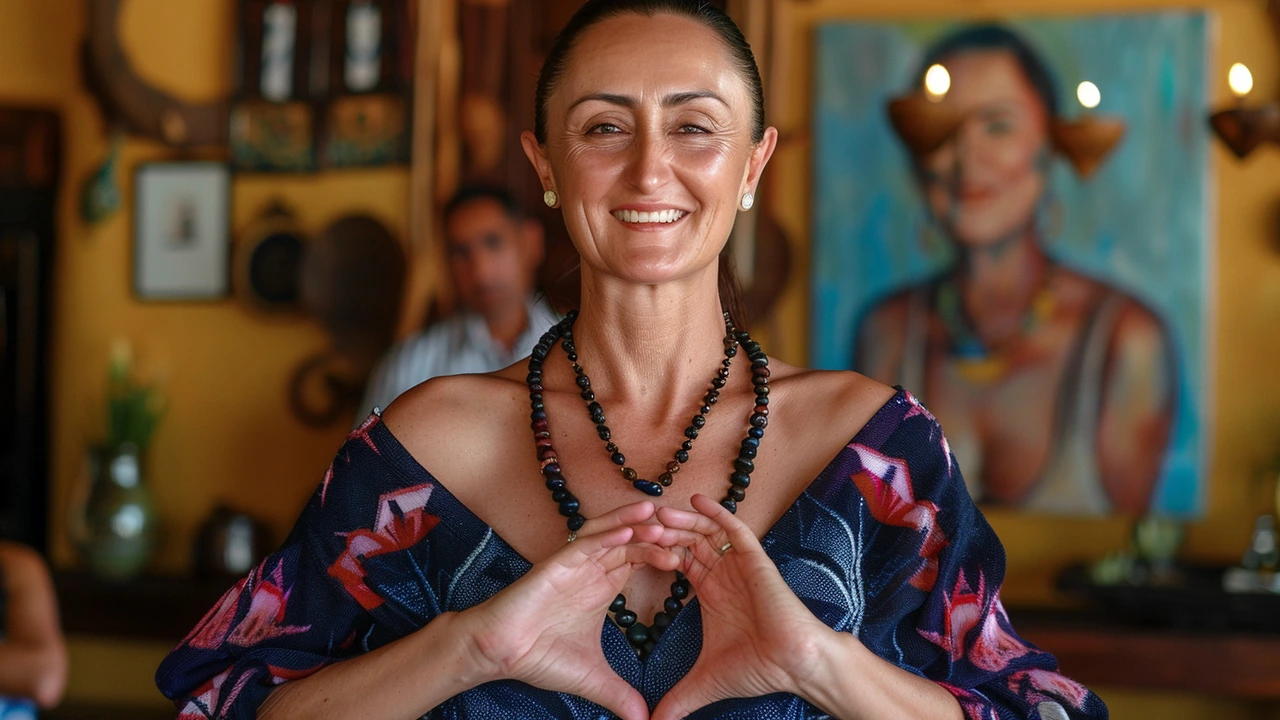Political Change Across Africa: What’s Happening Right Now
If you’ve been scrolling through headlines lately, you’ve probably seen a lot of buzz about elections, reforms and new policies. But what does it all mean for everyday people? In this guide we break down the most important political shifts that are shaping the continent today – no jargon, just the facts you need.
Election Reforms and Legacy Honours
One of the biggest stories lately is a call to rename Nigeria’s INEC headquarters after Professor Humphrey Nwosu. Nwosu oversaw the country’s most credible election in 1993, standing up to military pressure to announce MKO Abiola as winner. Activist Chekwas Okorie wants President Tinubu to give him that recognition, arguing it would cement a democratic legacy and inspire future reforms.
Honouring past champions of free elections does more than boost egos; it sends a clear message that transparent voting is non‑negotiable. If the government follows through, we could see a ripple effect where other African states start revisiting their own electoral histories and push for stronger watchdogs.
International Security Moves That Ripple Locally
Across the continent, Africa’s politics are also feeling the tremor of global power plays. Former Finnish Foreign Minister Erkki Tuomioja warned that former US President Donald Trump’s approach to Finland could set a precedent for how Western powers treat smaller nations. While the comment is about Europe, it raises questions about security guarantees for African countries that rely on external allies.
When big players shift focus, African governments often scramble to fill gaps—whether by boosting regional defence cooperation or renegotiating aid deals. The takeaway? Political change isn’t just about who wins an election; it’s also about how international attitudes reshape local policies.
Another piece of the puzzle is Ireland’s plan to add six extra bank holidays by the end of 2025. While this might sound like a European nicety, it highlights a growing trend: governments listening to public demand for better work‑life balance. African leaders are watching closely, especially in nations where labour unrest is on the rise.
So what can you do with all this information? First, keep an eye on how these reforms affect services you use—like voting procedures or social benefits. Second, consider joining local discussion groups; many NGOs host webinars that translate policy changes into everyday language.
If you’re a student or young professional, the political landscape offers career clues too. New electoral commissions, security think‑tanks and transparency NGOs are hiring fast to navigate these transitions.
Finally, remember that change often starts with small actions. Signing petitions for election reform, sharing reliable news sources, or attending community town halls can amplify your voice in a shifting political climate.
In short, Africa’s political scene is buzzing with reforms, honours and security debates that will shape the next few years. Stay informed, stay engaged, and you’ll be ready for whatever comes next.

Claudia Sheinbaum's Historic Victory: Mexico Elects First Female President Amidst Political Turmoil
Jun 3, 2024 / 6 Comments
Claudia Sheinbaum, former mayor of Mexico City and a protégé of outgoing President Andrés Manuel López Obrador, won Mexico's presidential election with a historic margin, becoming the country's first female president. Her win comes amidst political violence and promises of continuity in Lopez Obrador's welfare programs.
READ MORERECENT POSTS
- Galatasaray vs PAOK: Live Coverage, Match Updates, and Streaming Info for UEFA Europa League Clash
- Chelsea Fan Discord Over Potential Hiring of Enzo Maresca as Manager
- Warriors vs. Rockets Showdown: Expert Predictions, Stats, and Analysis for December 11 Clash
- Jadeja's 4-Wicket Haul Shakes South Africa as Eden Gardens Pitch Bows Out Batters on Day 2
- Singham re-release: Kajal Aggarwal didn’t see the juggernaut coming as Rohit Shetty’s cop universe roars back
